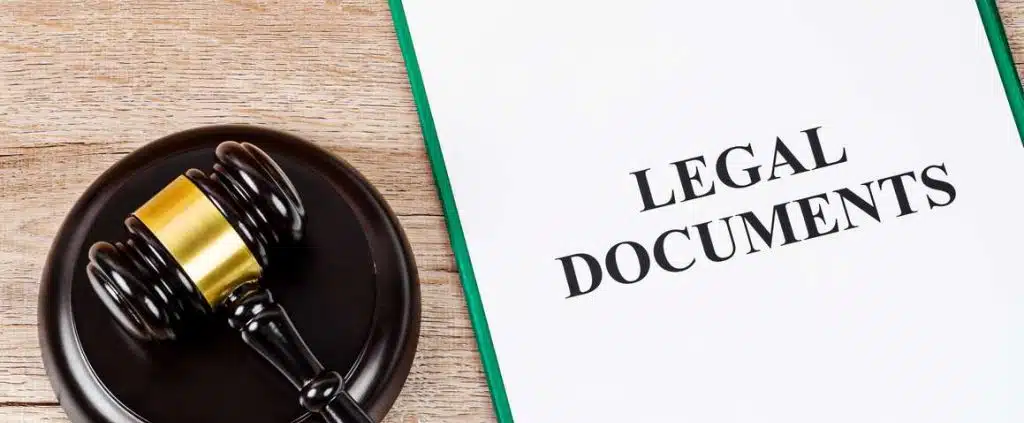What is the Process of Obtaining Consent for Land Transactions in Nigeria?
Introduction
Land transactions in Nigeria require government consent to ensure legal compliance, ownership verification, and protection against fraudulent activities. The Land Use Act of 1978 vests land ownership in state governors, requiring their consent before any sale, mortgage, or lease of land can be finalized. Obtaining consent is crucial for individuals and businesses to secure land rights, access loans, and ensure smooth property transfers.
This article provides a detailed analysis of the process of obtaining consent for land transactions in Nigeria, legal requirements, associated challenges, and solutions to streamline the process.
1. Legal Framework Governing Land Transactions in Nigeria
A. The Land Use Act (1978)
The Land Use Act is the principal law governing land transactions in Nigeria. Key provisions include:
Section 1: Vests all land in state governors for administration.
Section 22: Requires governor’s consent for assignment, lease, mortgage, or transfer of land rights.
Section 26: Declares transactions without consent null and void.
B. Other Relevant Laws and Regulations
Conveyancing Act (1881) – Governs legal transfer of land.
Land Registration Laws – State-specific laws regulating land documentation.
Stamp Duties Act – Requires land transaction documents to be stamped for validity.
C. Categories of Land Transactions Requiring Consent
Assignment (Sale of Land) – Transfer of land ownership from one party to another.
Mortgage Transactions – Using land as security for loans.
Leases/Subleases – Renting land for a specified period.
Gifting of Land – Voluntary transfer without financial compensation.
2. Step-by-Step Process of Obtaining Consent for Land Transactions
A. Preliminary Steps
Before applying for governor’s consent, the parties must ensure:
Due Diligence and Title Verification
Confirm that the land has a valid Certificate of Occupancy (C of O).
Verify land records at the State Land Registry.
Ensure there are no encumbrances or pending disputes.
Engagement of a Lawyer
Legal professionals assist with document drafting, verification, and application processes.
Preparation of Land Transaction Documents
Deed of Assignment (for sale transactions)
Mortgage Agreement (for property financing)
Lease Agreement (for rental purposes)
B. Application for Governor’s Consent
Submission of Application
Submit application at the State Ministry of Lands.
Attach supporting documents, including:
Completed application form
Copy of Certificate of Occupancy (C of O)
Deed of Assignment, Mortgage, or Lease Agreement
Tax Clearance Certificate
Evidence of payment of application fees
Payment of Consent Fees
Fees vary by state but typically include:
Consent fee (3%–10% of property value)
Stamp duty
Registration fees
Land Inspection and Valuation
Government officials inspect the land to confirm compliance.
Property valuation determines the applicable fees.
Approval and Endorsement by the Governor
If approved, the governor endorses the transaction.
If rejected, reasons are communicated to the applicant.
Issuance of Governor’s Consent
Once signed, the transaction becomes legally binding.
C. Post-Approval Steps
Stamping and Registration
The transaction document is stamped at the Federal Inland Revenue Service (FIRS).
The State Land Registry registers the consent.
Collection of Registered Documents
Applicants receive registered copies of their documents as proof of ownership transfer.
3. Challenges in Obtaining Governor’s Consent
A. Bureaucratic Delays
Long processing times due to inefficient administrative systems.
Excessive paperwork leading to delayed approvals.
B. High Cost of Consent Processing
Multiple fees (consent fee, registration charges, legal fees).
Informal payments (bribes) increasing financial burden.
C. Lack of Awareness and Legal Guidance
Many property buyers are unaware of consent requirements.
Failure to obtain consent leads to void transactions.
D. Land Disputes and Encumbrances
Land fraud, fake title documents, and multiple claims create legal obstacles.
E. Inconsistent Policies Across States
Each state has different regulations, making the process unclear for buyers.
4. Solutions to Improve Land Consent Process
A. Digitalization and Automation of Land Transactions
Implement electronic land registries.
Online tracking of application status.
B. Reduction of Processing Fees
Implement fixed consent fees to enhance affordability.
Provide incentives for first-time property buyers.
C. Public Awareness Campaigns
Educate citizens on the importance of obtaining governor’s consent.
Conduct free legal advisory programs for landowners.
D. Strengthening Dispute Resolution Mechanisms
Set up alternative dispute resolution (ADR) platforms.
Encourage community engagement in land allocation processes.
5. Case Studies: Successful Land Consent Reforms in Nigeria
A. Lagos State Land Administration System
Introduced E-Governor’s Consent Processing to fast-track approvals.
Reduced consent processing time from 12 months to 60 days.
B. Kaduna State Land Reforms
Implemented land digitization to minimize fraudulent land claims.
Established one-stop centers for land title processing.
C. Ogun State Land Bureau
Created a public-private partnership model to facilitate consent applications.
Conclusion
Obtaining governor’s consent for land transactions in Nigeria is a legal requirement to validate property transfers. The process, though bureaucratic, is necessary to ensure land security, prevent fraud, and guarantee enforceable land ownership rights.
To streamline the process, government agencies must embrace digital reforms, reduce fees, and promote public awareness.
Contact Us
Obtaining Governor’s Consent for land transactions in Nigeria is a legal requirement to ensure the validity, security, and enforceability of property ownership. Failure to secure consent can render land transfers null and void, leading to disputes and financial losses.
At Chaman Law Firm, we specialize in:
✔️ Title verification and due diligence
✔️ Governor’s Consent applications
✔️ Land registration and documentation
✔️ Dispute resolution and legal representation
📞Phone: 08065553671, 08096888818
✉ Email: chamanlawfirm@gmail.com
📍 Address: 115, Obafemi Awolowo Way, Allen Junction, Ikeja, Lagos, Nigeria
🌍Click here to learn more about Chaman Law Firm
Protect your property rights—Get expert legal assistance today! ✅


